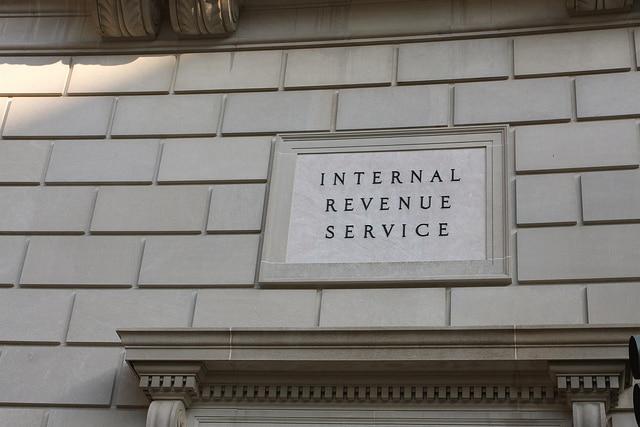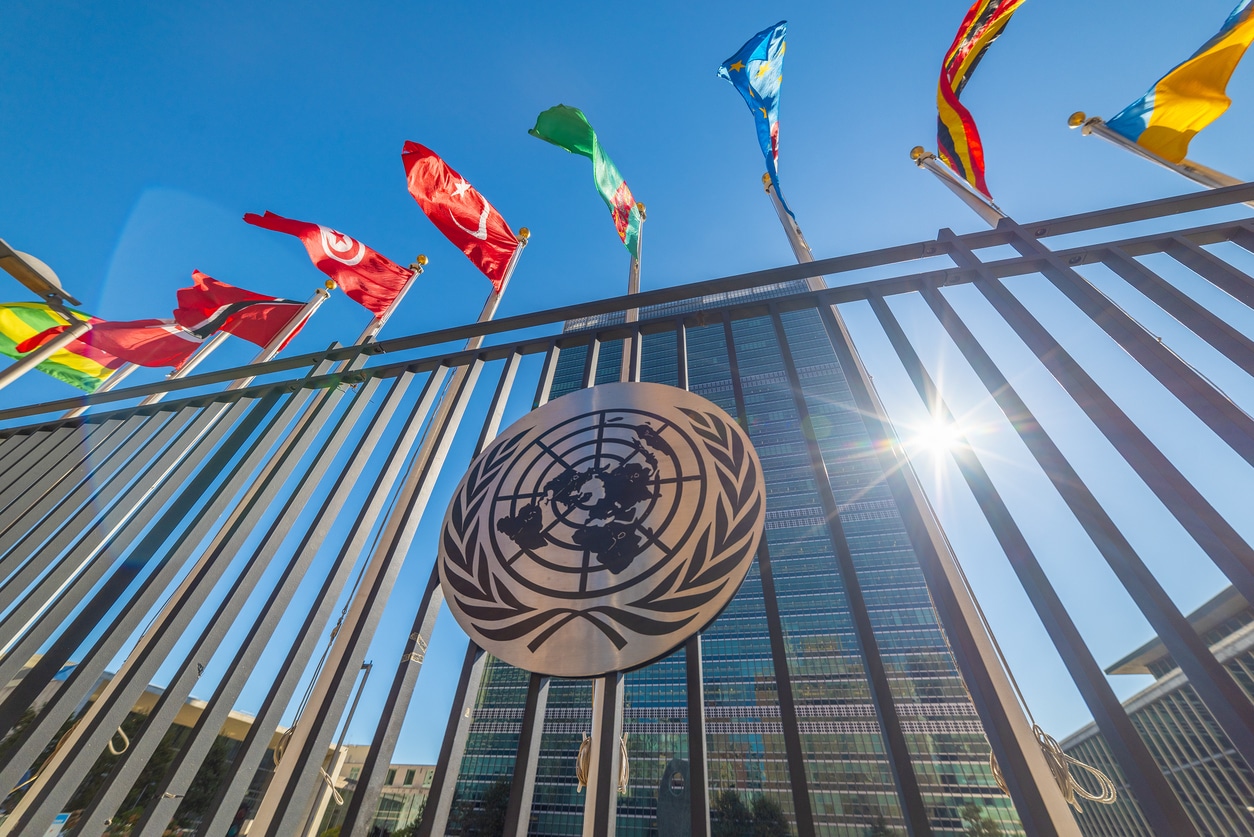Paying Rewards to Marine Pollution Whistleblowers under APPS is Essential to Enforcement

On Tuesday, April 16, a webinar on The Role of Private Citizens and NGOs in Enforcing Maritime Laws was jointly presented by the National Whistleblower Center (NWC) and International Network for Environmental Compliance and Enforcement.
The webinar featured experts from INTERPOL, INECE, the US Coast Guard, and leading whistleblower lawyer Stephen M. Kohn. The panel discussed the importance of marine pollution whistleblowers in enforcing global ocean pollution laws. The possibility of collecting a reward using the Act to Prevent Pollution from Ships (APPS) is a strong incentive for whistleblowers to come forward with information and has proved advantageous to marine conservation. However, many whistleblowers fear retaliation and exposing their identity.
Joseph Poux, Deputy Chief, Environmental Crimes Section of Department of Justice, Chair, INTERPOL Pollution Crime Working Group, stated that since the APPS program began, it has “Paid an average $180,000 per whistleblower report.” The panel members all agreed that paying large dollar rewards to crew members for taking the risk to report APPS violations, increases the quality and quantity of tips.
Kohn explained, “The concept of paying whistleblower incentives originated during the U.S. Civil War, with fraud in military contracting being hard to police.” He compared that scenario to trying to police marine pollution on the open seas at explaining while APPS is well-known, “Its potential is untapped.” Kohn reiterated “Whistleblower reward laws are the most powerful tool the U.S. has to protect against fraud and to enforce its laws.”
Kohn also pointed out the importance of taking a broad approach when reviewing APPS violation cases, “An APPS violation may indicate another violation has occurred under laws such as the Foreign Corrupt Practices Act, False Claims Act.”
Further reading: Maritime Whistleblowers: The Role of Private Citizens and NGOs in Enforcing Maritime Laws
Latest News & Insights
November 19, 2025





